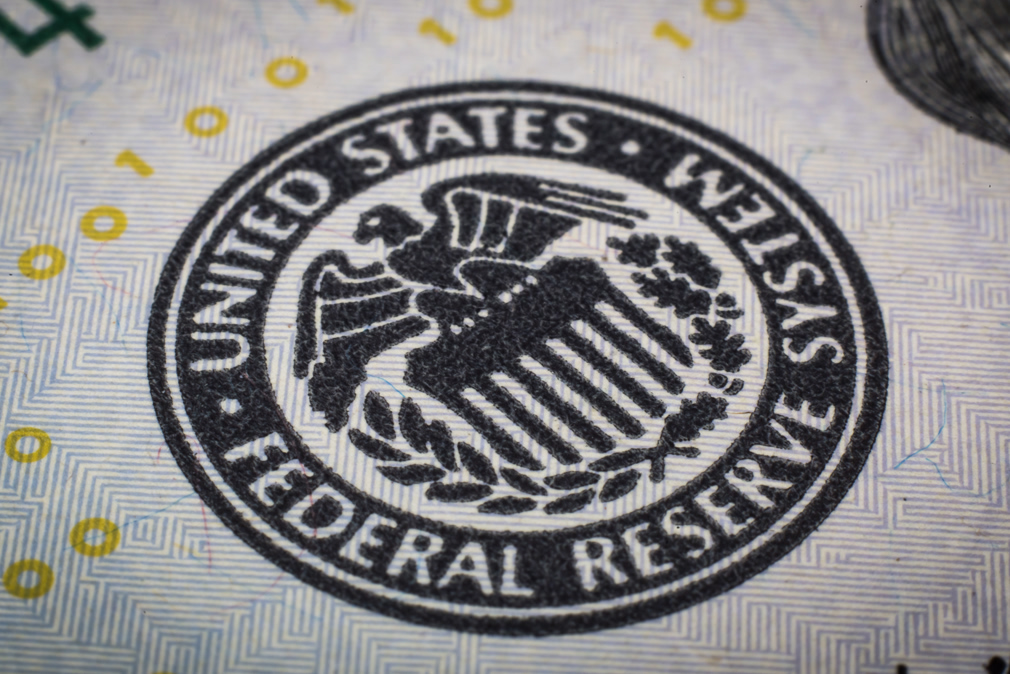The Federal Reserve left its benchmark rate unchanged on Wednesday, though it downgraded its assessment of the consumer spending that unpins about 70% of the U.S. economy.
In a statement issued at the end of its two-day meeting, the Fed said it would keep the federal funds rate in the current target range of 1.5% to 1.75% after cutting it by a quarter percentage point three times last year. All the members of the Federal Open Market Committee approved the decision, the second consecutive unanimous vote.
The Fed downgraded its assessment of household spending to “moderate” after describing it as “strong” in December. Policymakers reiterated their description of inflation as “muted,” and pledged to monitor economic developments.
“The Committee will continue to monitor the implications of incoming information for the economic outlook, including global developments and muted inflation pressures,” the statement said.
While the Fed doesn’t directly control home-loan rates, its decisions and statements influence the bond investors who do. If investors are willing to accept lower yields, usually based on an expectation that inflation will remain low, that translates into lower mortgage rates.
The fallout from the U.S.-China trade war has been an overriding concern for Fed policymakers, who see it as a drag on the economy. The U.S. and China signed a “Phase One” trade agreement on Jan. 15 that halved the latest round of tariffs, which primarily hit retail goods, but didn’t touch the most punishing levies from the first 18 months of the trade war.
Those retail tariffs caused a “big drop” in consumer spending in the fourth quarter that’s persisted into the new year, said Seth Carpenter, chief U.S. economist for UBS, one of the world’s largest investment banks.
The trade deal with China “is going to cut those retail tariffs in half but not until February, so you have five and a half months of higher tariffs for a retail sector that’s already struggling,” Carpenter said in an interview. “We think that causes a temporary slowdown in the U.S. economy for the first half of the year.”






